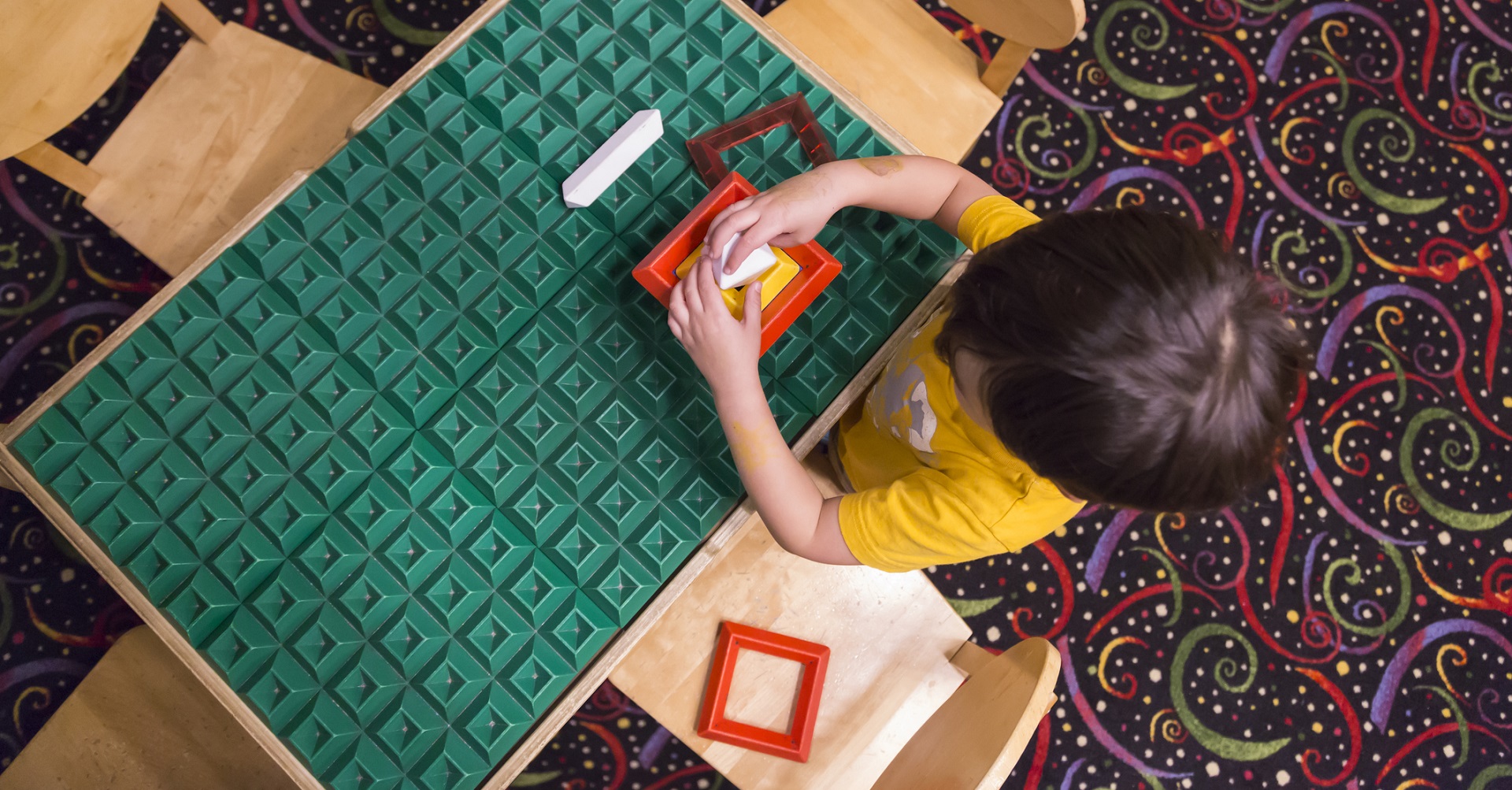These days, so many children are diagnosed with learning problems. In some classrooms, the majority of children are in some form of therapy or treatment. Parents often struggle to make sense of the various conditions that they hear about, or to understand how best to identify and treat them. To help gain insight into all of this, we spoke to educational psychologist Melanie Hartgill, who specialises in psycho-educational assessments. She sees many children who aren’t coping with the demands of their early school careers, and who need an intervention or assistance of some kind – the parents and teachers just aren’t sure what.
Learning difficulties can be treatedIt’s important to understand that a learning disability is not an intellectual disability. The child has a normal IQ, but there is some barrier to learning. The good news is that with early diagnosis and appropriate treatment, this barrier can often be overcome. A child who has a learning disability can be helped by the right therapist, and often with exercises to do at home or with tools to help them in the classroom. In severe cases, the child might do better in a remedial school, with small classes and a range of specialist teachers and therapists on hand.
What to do when you suspect your child may have a learning disability The teacher may have had a quiet word with you about your daughter’s focus, or you may have noticed that your son just never sits still, or spends his time daydreaming. You want to do what’s best, but you’re not entirely sure what the next step should be – especially with the range of conditions and number of specialists that treat them.
Melanie recommends starting with an educational psychologist who can carry out a psycho-educational assessment (this covers the cognitive, educational, emotional and developmental aspects) and will be able to identify the different types of disorders and then refer you to the appropriate specialist, rather than first visiting the specialists who may only identify the problem that falls within their field of study.
“The goal of all these different types of therapy is to enable the child to cope in the school environment – first by identifying their condition, then by providing them with the tools to overcome it and finally, if that still doesn’t work, by providing them with the interventions they need to manage their learning. The best thing to do is to get the right help at the right time and be supportive of your child while they are going through this,” Melanie says.
These are some of the most common conditions that cause learning difficulties, and the types of therapy that will help to resolve them.
Attention Deficit Hyperactivity Disorder (ADHD)
Melanie says that this is an extremely over-diagnosed condition, and that often schools (and parents) simply expect too much from children, too early, causing anxiety, which may present as ADHD. Children with ADHD find it difficult to concentrate for sustained periods of time or to sit without fidgeting or moving, and often lose focus on the task at hand and end up “daydreaming”. Children with ADHD are still able to focus on tasks that they enjoy – like building Lego or playing on an iPad – it’s the tasks that don’t automatically engage them that they struggle with. ADHD can also present without the hyperactivity component, in which case it’s simply ADD (this is more common in girls).
However, there are many other conditions that can cause ADHD-like symptoms, including anxiety, epilepsy, introversion or poor muscle tone.
Who treats it? An educational psychologist will be able to appropriately assess and diagnose the condition, after which a psychiatrist should assist with prescribing the proper medication. Melanie believes it is not advisable to visit a GP for ADHD medication, especially without a full assessment having been completed first.
Hyperactivity
Although hyperactivity is often classed under ADHD, it can be a standalone condition, characterised by the child’s inability to sit still. This may take the form of fidgeting or in extreme cases, even an inability to stay seated at a school desk for any length of time. With most children, hyperactivity causes a lack of concentration, but for some, the ability to move helps them to focus – they are absorbing and retaining information. Melanie says these children should be allowed to move, if you can find a sympathetic teacher.
Who treats it? As with ADHD, an educational psychologist should diagnose this, and then refer you to a psychiatrist for medical treatment if necessary. An occupational therapist and physiotherapist may also need to be involved.
Low muscle tone
Children with low muscle tone also fidget a lot, struggle to concentrate and are often exhausted by the demands of the classroom. Essentially, their muscles are not strong enough to hold them in a single, sustained position for their time in class.
Who treats it? A physiotherapist will help your child to strengthen their muscles, especially the core muscles that help hold them upright, and provide exercises for them to do at home as well.
Auditory processing disorder (APD)
The brains of children with auditory processing disorder struggle to prioritise foreground and background noises. For example, to a child with auditory processing disorder, a bird tweeting in a tree outside or cars passing by the school may be just as loud or important as the teacher speaking in the classroom. Melanie says that since 85% of information given in class is spoken, this presents quite a challenge for the child.
These children often say “huh?” a lot to buy time to process the audible information around them.
Who treats it? Auditory processing disorder is most often treated by an audiologist who may also work as a speech therapist, or will refer your child to one.
Language processing disorder (LPD)
LPD is a subset of APD, in which the child struggles to make sense of language and to express themselves properly. Melanie says that this can be very difficult to correctly diagnose in South Africa because of the number of children who are polyphones (speak multiple languages) and the different accents that their various teachers might have.
Who treats it? As with APD, an audiologist and a speech therapist will help to address this condition.
Sensory processing disorder (SPD)
SPD is much broader than APD in that children with this condition are not only distracted or overwhelmed by competing sounds, but by a variety of competing sensations. For instance, an itchy shirt label or waist band might prevent them from listening to a teacher or completing a task. These children often refuse to wear certain clothes because they don’t feel nice and in some cases will refuse to eat certain foods because they don’t like the texture. They can become overwhelmed and struggle to cope in noisy or crowded situations.
Melanie says it can be hard to distinguish children with the true condition from children who are naturally picky or fussy.
Who treats it? An occupational therapist will help your child to deal with and process the competing sensations, and if the condition is severe, a psychologist can help with desensitisation therapy.
It is very hard to see your child struggle at school, but it’s good to know that with the right help, most children are able to overcome their learning difficulties.




